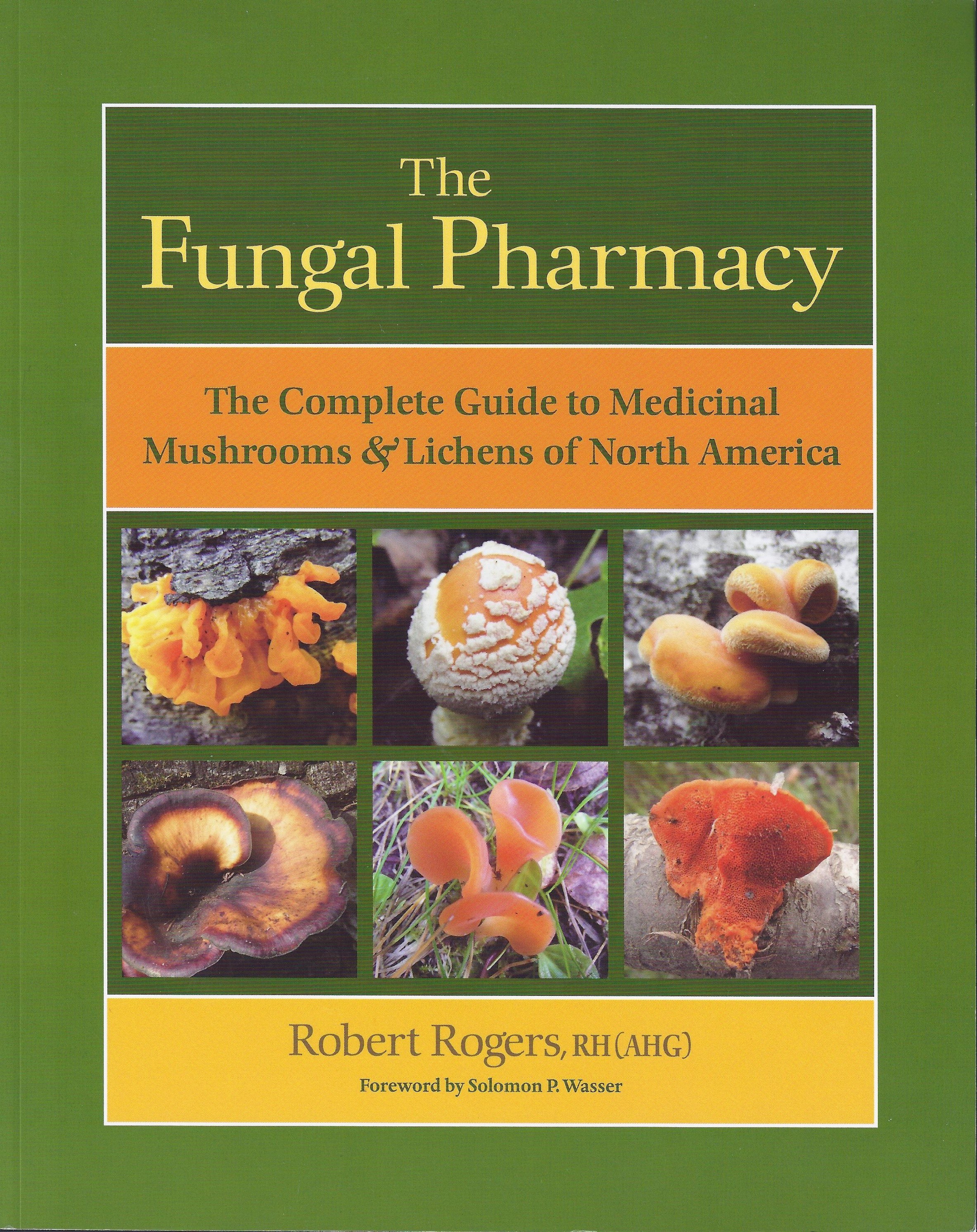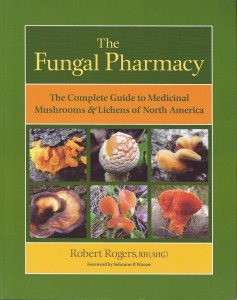
10 Aug Robert Rogers of “Fungal Pharmacy” Featured at Telluride Mushroom Fest

Robert Rogers can best be described as “authentically fascinated.”
At least those are the words his wife, Laurie Rogers, uses when it comes to his interest in plants and fungi.
His students and friends might have another way of explaining his dedication to the natural world.
“They think I’m obsessed,” he said with a laugh during a recent telephone conversation.
Rogers will travel to Telluride to talk about his interests firsthand during the annual Mushroom Festival, August 15 -18.
He has two scheduled presentations: Friday, August 16, 4:30–5:45 p.m. The focus? The infamous Kamchatka ale of the Siberian Shaman. The second presentation, scheduled from 8 –10 p.m. Saturday, August 17, is dedicated to the wonders of medicinal mushrooms. Both talks will take place at the Michael D. Palm Theater.
Rogers forged an alternative way of living in the Canadian North in the early 1970s. He wild-crafted herbs, traveled the world, studied with shamans and healers and worked as an herbalist in a health food store in Edmonton, where he and Laurie reside.
Rogers is a 42-year student of plant medicine with 18 years as a clinical herbalist. It wasn’t until 12 years ago, however, that his fascination with mushrooms bloomed.
“I was always familiar with them, but never seriously looked at the medicinal side of them until about a dozen years ago,” he said.
Of the 13 books he’s written, it’s his newest, “Fungal Pharmacy,” that has launched him to notoriety in the mycological world.
“In the mycological world, Robert just hit a gold mine,” said Scott Koch, director of the Telluride Mushroom Festival. “His new book has really put modern medicine practices in a backspin.”
Koch added that “Fungal Pharmacy” is the most comprehensive guide to date of modern and historical fungal medicine knowledge.
“His work interviewing native peoples and bringing in his unique perspective of how our lives, psyche and spiritual approach all interact with the medicine, is now shedding light on more traditional Eastern and Native medicinal practices.”

Robert Rogers
When he’s not traveling to Telluride and leading mushroom walks through the forest, Rogers continues to research, write, and work as a consultant to various boards and industries advising growers and creating herbal formulas.
Robert and his wife own a company called Self Heal Distributing (www.selfhealdistributing.com) and are teacher/directors at the Northern Star College of Mystical Studies (www.northernstarcollege.com), offering a program designed to equip students with a strong background in plant and fungi medicine.
Q & A with Robert Rogers:
TIO: When did you realize you wanted to build a life dedicated to plant medicine?
RR: I came to Edmonton to go to the University of Alberta to go into medicine. And at the end of pre-med, after two years, I switched and completed a degree in botany because I didn’t want to be a medical doctor. I didn’t want to do surgery or prescribe drugs. That was the start of my interest in plants. Soon after that, when I left university, I studied with two local native Cree healers and that began my career. Ironically, I am now an assistant professor in family medicine at the University of Alberta.
TIO: Your most recent book, “Fungal Pharmacy,” is making waves in the mycological world, but medicinal mushrooms are relatively new to you. Can you explain how and when your fascination with the world of fungi began?
RR: In 1984, I opened a clinical practice in herbal medicine and my forte was herbs, but I found that several mushrooms, including turkey tail, were useful for my oncology clients undergoing chemotherapy and radiation treatments. I used those for a number of years but because they didn’t grow in my backyard here, that was the extent of it. About 12 years ago, I joined the Alberta Mycological Society and went out with experts who helped me identify mushrooms. Every summer I learned another four or five.
TIO: In summary, what is “Fungal Pharmacy” about?
RR: Fungal Pharmacy is an exploration of how people can utilize mushrooms for their health and well-being.
TIO: Plant medicine is a fascinating topic, but for someone with no knowledge of the indigenous plants and mushrooms in the area, how can medicinal plant practices be incorporated into daily life?
RR: Wherever you live, find where the closest mycological or herbal group is and join them. Join them on walks and then start to incorporate wild foods and herbs and mushrooms into your daily regime. We make green smoothies every day and add in mushroom powders and herbs.
TIO: What do you find most inspiring about your work?
RR: I think meeting people who are like-minded. And when I’m teaching my students and I see the little lightbulb go off in their head and they’ve figured it out for themselves; I really like that.
TIO: What do you think is most important for people to understand about medicinal mushrooms?
RR: They are (here) to help us. They’re nutritious and nutrition is the basis for well-being. Buy from reliable sources. Buy organic. Really, there are very few side effects with medicinal mushrooms.


Sorry, the comment form is closed at this time.